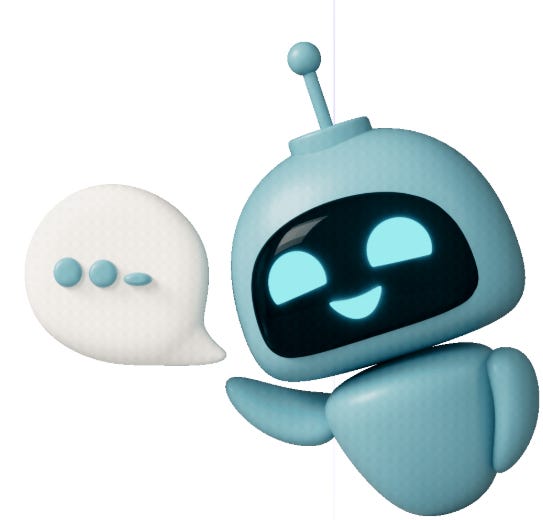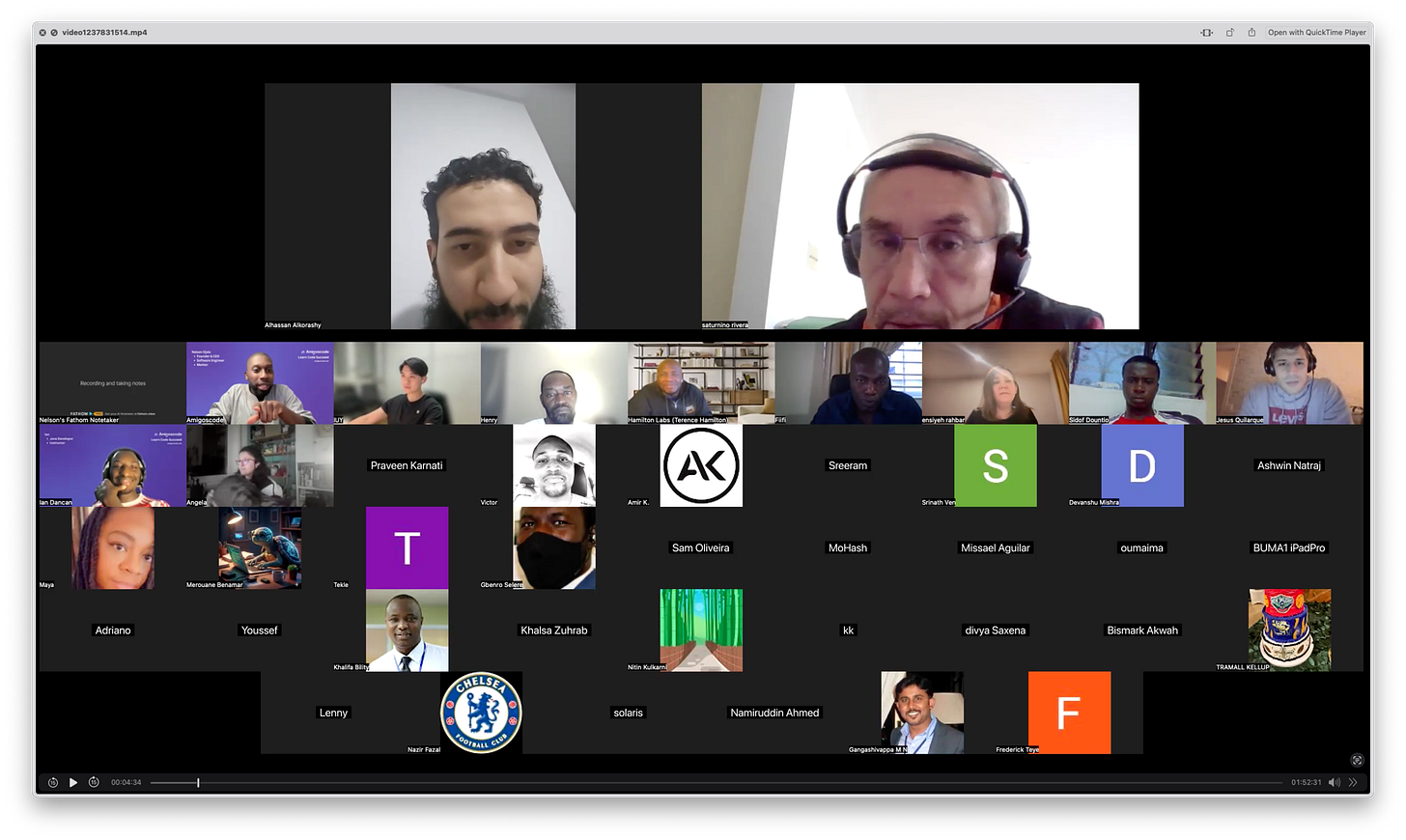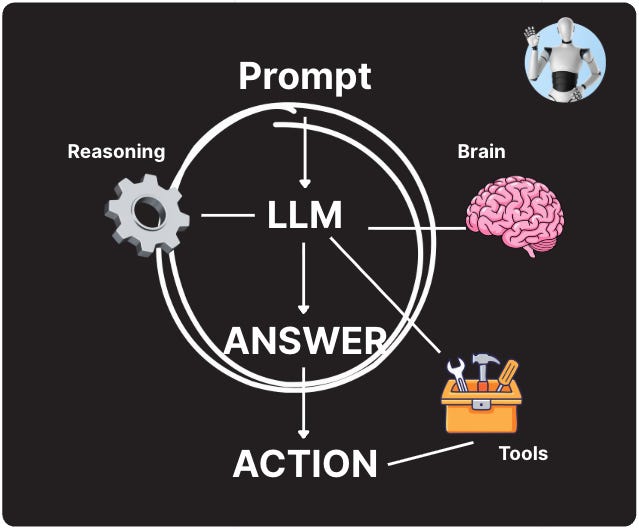AI Agents
What They Are, Why They Matter, and Where This Is All Going
Over the last year, one term has been popping up everywhere—from research labs to LinkedIn posts to startup pitch decks: AI Agents. The phrase sounds futuristic (and slightly overhyped), but it captures something meaningful about where software is heading.
So what exactly is an AI agent?
Let’s break it down in plain language.
AI Foundations
Watch this 2 hour community sessions going over AI Foundations
From Chatbots to Agents
A traditional AI model—like a chatbot—responds to input. You ask something, it answers. The interaction is reactive. You drive.
An AI agent is different. It doesn’t just respond — it acts.
An AI agent:
Has a goal (e.g., “book the cheapest flight to New York next month”)
Can plan steps to achieve that goal
Can use tools (e.g., websites, APIs, code, emails)
Can learn from feedback and adapt
And importantly, can take actions on its own
If chatbots are calculators, AI agents are interns.
You don’t tell them every step. You tell them what you want, and they figure out how to get there.
A Simple Example
Say you want to research the best 4K camera for filming YouTube content.
A chatbot will just answer your question:
“The Sony A7 IV is a popular option with great low-light performance…”
Useful, but passive.
An AI agent can:
Search across review sites
Compare technical specs
Look at current prices across stores
Analyze real-user feedback
And hand you a ranked list with justification.
You didn’t just get an answer. You got work done.
Why This Matters
Software has always been about instructions. Click here. Search there. Type this. Everything we do on a computer is a chain of micro-decisions.
AI agents flip this dynamic.
Instead of:
“I will do the task.”
We move to:
“I will delegate the task.”
This has enormous implications:
Productivity shifts upward because humans focus on outcomes, not steps.
Jobs change from performing tasks to supervising workflows.
Software design shifts away from buttons and menus toward conversational interfaces.
For the first time, computers are starting to behave like colleagues instead of calculators.
But Let’s Be Real: It’s Early
AI agents today are impressive in demos and occasionally mind-blowing in practice.
But they are also:
Overconfident
Error-prone
Bad at multi-step reasoning (unless carefully guided)
And still learning how to interact with the messy real world
Think of them like very eager interns:
✅ They can do a lot
❌ But you do not just let them run payroll
Yet the pace of improvement is steep. What feels like “early beta” today will feel baseline soon.
What You Should Do Now
If you’re a builder, leader, business owner, or just someone curious about technology, here’s the shift to make:
Stop asking:
“What can AI do?”
Start asking:
“What can I stop doing?”
Look for:
Tasks that are repetitive
Research that takes too long
Work that follows rules but consumes attention
These are agent territory.
The Bottom Line
AI agents aren’t about replacing humans. They’re about moving humans up a level.
From doing work → to directing work.
From process → to judgment.
From clicking → to thinking.
We’re entering an era where your effectiveness may be defined not by how much you can personally execute, but by what you can delegate to your digital workforce.
This is the beginning of software that gets things done for you.
And that’s a very big deal.





I have been using JaDE since 2014: https://jade.tilab.com/